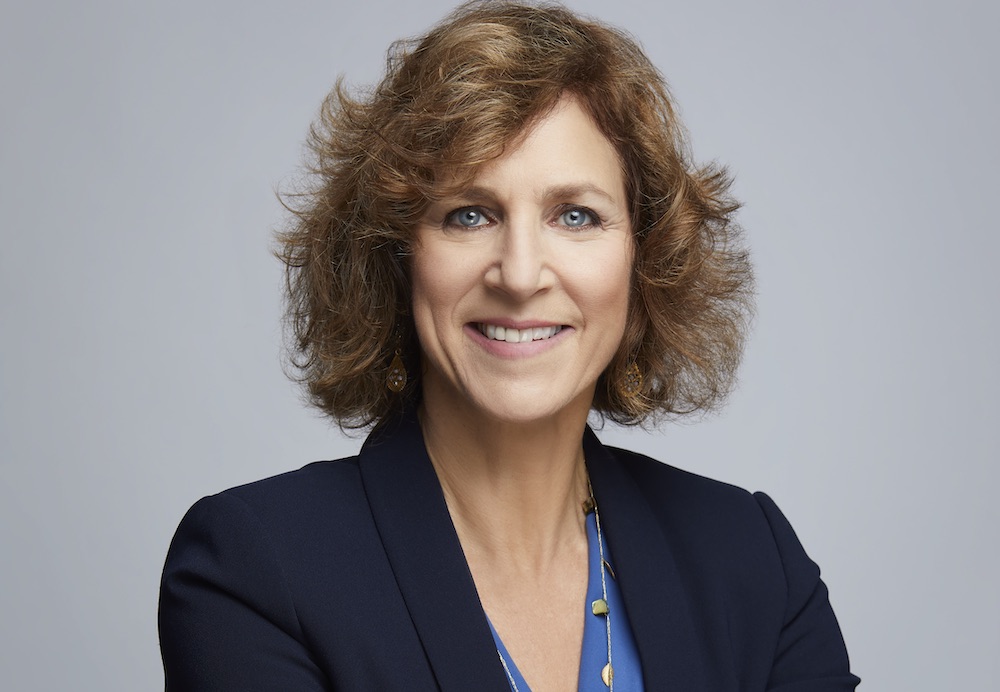
Living the interfaith life is not a paradox for Professor Holli Levitsky.
It is how she grew up, near a monastery in the Detroit area, and it is what she teaches in BCLA. As the director of Jewish Studies for 10 years at LMU, with its Catholic, Jesuit and Marymount traditions, Levitsky still gets quizzical “what’s that about” looks. And she takes that as an opportunity to have a discussion.
She explains that her Jewish values are mirrored by the Jesuits’ search for justice and the urge to repair the world. Levitsky relates how she was warmly welcomed at LMU when she arrived in 1991 as the only Jewish person in the English Department, yet she quickly saw that the whole-person education of the university’s mission was echoed in her faith. She tells about the many students who expressed interest in exploring a range of religious traditions and how Jewish Studies has grown from a couple of courses to 20 today, including study abroad offerings. The interfaith studies classes are nearly always full.
Several signature interfaith events are hosted each year by the Jewish Studies program – interfaith because they highlight the connection between Judaism and other traditions especially, but not only, Catholicism. These include the Fischmann Family Distinguished Lecture, Kristallnacht Commemoration, Spring Interfaith Forum, and LMU’s Holocaust Remembrance Day, all of which bring community members to campus to join the students. Levitsky has a large inventory of compelling stories of how students are awestruck by the stories of community members and how visitors are impressed by the students’ deep engagement with these issues. The interaction of campus and city has had intense effects on each. “Engagement can’t be choreographed,” Levitsky says, but the discussions she’s facilitated have been deep and meaningful.
Levitsky seeks to bring religion back in as a component of the bigger conversation, to see faith as a platform. “Religion has a huge role to play in our lives and it can have a vital role in academia,” she says. LMU is a place where this work is critical to who we are.
Indeed, the interfaith life is no paradox; it is a profoundly genuine way of living in a multicultural world, which Levitsky helps her students learn to navigate.



